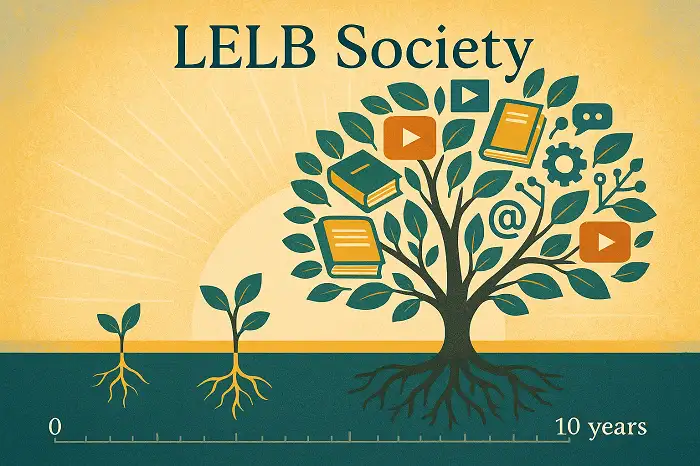High Motivation IELTS Listening Practice High Motivation IELTS Listening Practice Selected Text (below 500 words) Source: https://lifehacker.com/ Everyone is fueled by their own dreams and ambitions, but taking a close look at the complex relationship between happiness and motivation might give us a hint at what drives people to do their best work. Does happiness drive motivation? There is enough evidence, by now, to believe that happy people are more productive. In fact, a Gallup-Healthways study estimates that unhappiness among workers in the U.S. is costing a whopping $300 billion per year in lost productivity. A series of studies by Andrew J. Oswald and ...
Home » Listening Practice in English » High Motivation IELTS Listening Practice

High Motivation IELTS Listening Practice
Updated: by Dr. Mohammad Hossein Hariri Asl
Time to Read: 4 minutes | 312 Views | 6 Comments on High Motivation IELTS Listening Practice
Share This Post
About the Author
Dr. Mohammad Hossein Hariri Asl is an English and Persian instructor, educator, researcher, inventor, published author, blogger, SEO expert, website developer, entrepreneur, and the creator of LELB Society. He's got a PhD in TEFL (Teaching English as a Foreign Language).
Number of Posts: 4242



4. Please elaborate on the distinctive features of the “meaningful condition” and “Sisyphic condition”?
3. What are the pros and cons of being a marathoner?
2. Mention the most three important factors that you think can motivate people.
Three important factors that can significantly motivate people are:
1. Purpose and Meaning: Understanding the “why” behind tasks and goals provides a sense of direction and fulfillment, driving individuals to stay committed and passionate about their efforts.
2. Recognition and Appreciation: Feeling valued and acknowledged for one’s hard work and achievements boosts morale and encourages continued effort and dedication.
3. Personal Growth and Development: Opportunities for learning, growth, and advancement empower individuals to strive for self-improvement and reach their full potential, fostering a continuous desire to excel.
1. What are the parameters of motivation equation?
The parameters of the motivation equation can often be summarized by the formula: Motivation = Expectancy × Value ÷ Impulsivity × Delay. Here’s a breakdown of these components:
1. Expectancy: The belief that effort will lead to desired performance. It’s about the confidence that your efforts will achieve the goal.
2. Value: The importance or benefit of the goal. This reflects how much you value the rewards associated with the accomplishment.
3. Impulsivity: The tendency to give in to distractions and immediate gratifications that may steer you away from your goals.
4. Delay: The time until the reward is achieved. Longer delays can reduce motivation as the reward feels distant and less immediate.